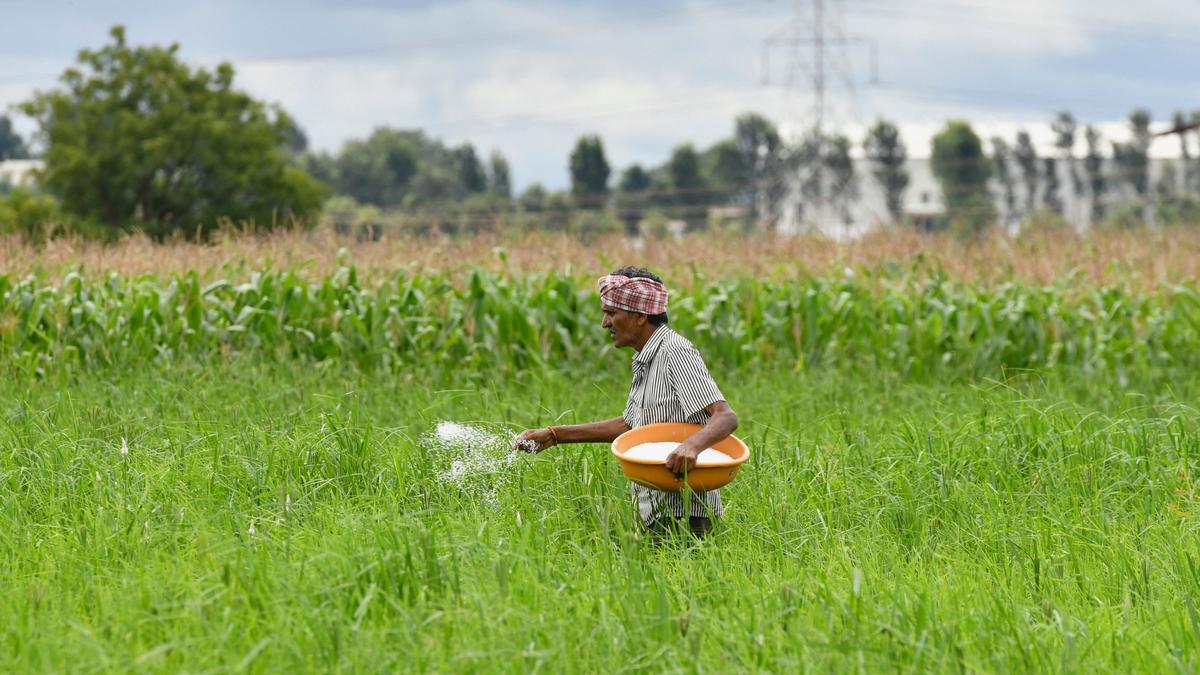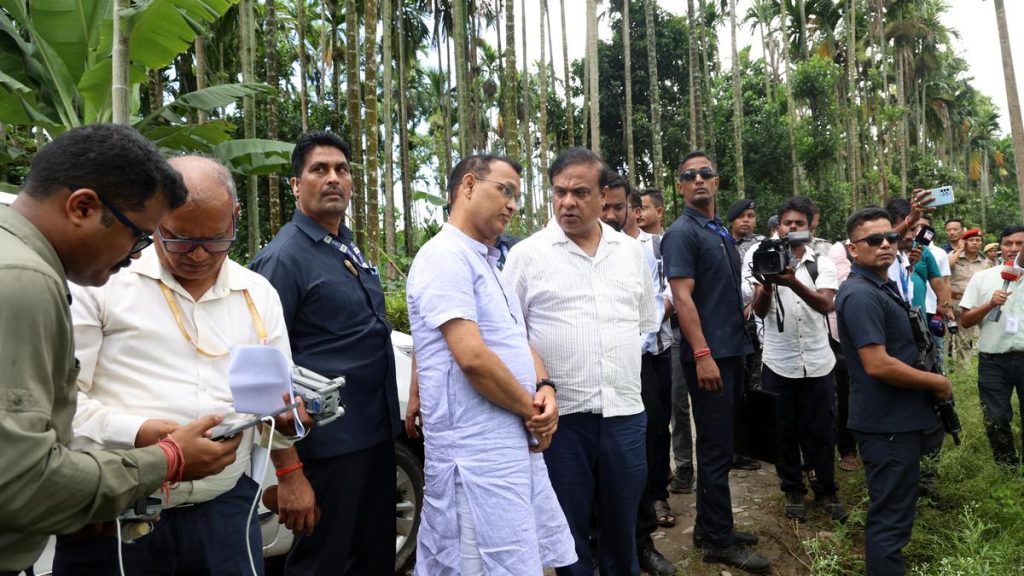Now Reading: Karnataka Farmers Advocate for Continued Use of Urea
-
01
Karnataka Farmers Advocate for Continued Use of Urea
Karnataka Farmers Advocate for Continued Use of Urea

Quick Summary:
- farmers continue to rely heavily on urea as a crop supplement, despite teh push for reduced usage.
- Frequent floods in recent years lead farmers to use urea for quick recovery of crops like cotton, bananas, and chillies. Yellowing leaves and dying plants reportedly bounce back after application.
- Nano urea is promoted as an efficient alternative but lacks farmers’ confidence regarding its efficacy.
- Agricultural extension programs are underperforming due to understaffed Krishi Vigyan kendras (KVKs) and weak university departments focusing on farmer education.
- Raju Teggelli from KVK Kalaburagi highlights challenges in altering established agricultural practices despite ongoing awareness efforts about balanced nutrient management.
- some organic farmers, such as Prakash and Anuradha Kulkarni in Belagavi district, successfully practise agriculture without commercial fertilizers or pesticides. They report lower costs, increased profits, independence from market dependence.
Indian Opinion Analysis:
The reliance on conventional urea remains deeply ingrained among Indian farmers due to its dependable results during crises such as flooding. While alternatives like nano urea are being promoted by institutions, skepticism about their efficiency hinders widespread adoption. Inefficiencies in agricultural extension services further slow the dissemination of knowledge about balanced nutrient management or organic practices.
Organic farming success stories like those of the Kulkarni family illustrate potential benefits-economic independence and environmental sustainability-that could incentivize more transitions away from chemical fertilizers if adequately supported by policy-driven education programs. India’s agricultural reform will likely depend significantly on bridging thes gaps between research outputs and farmer-level implementation while considering both environmental concerns and immediate crop-recovery needs.
For full details: Read More
























